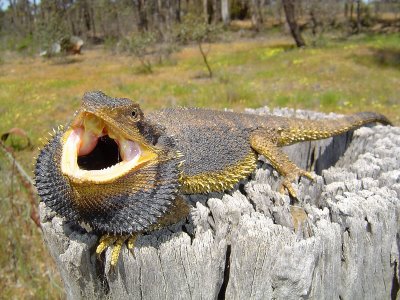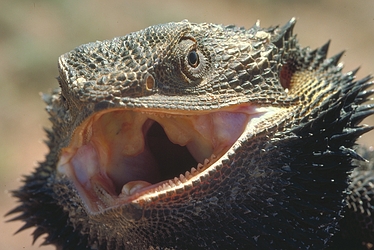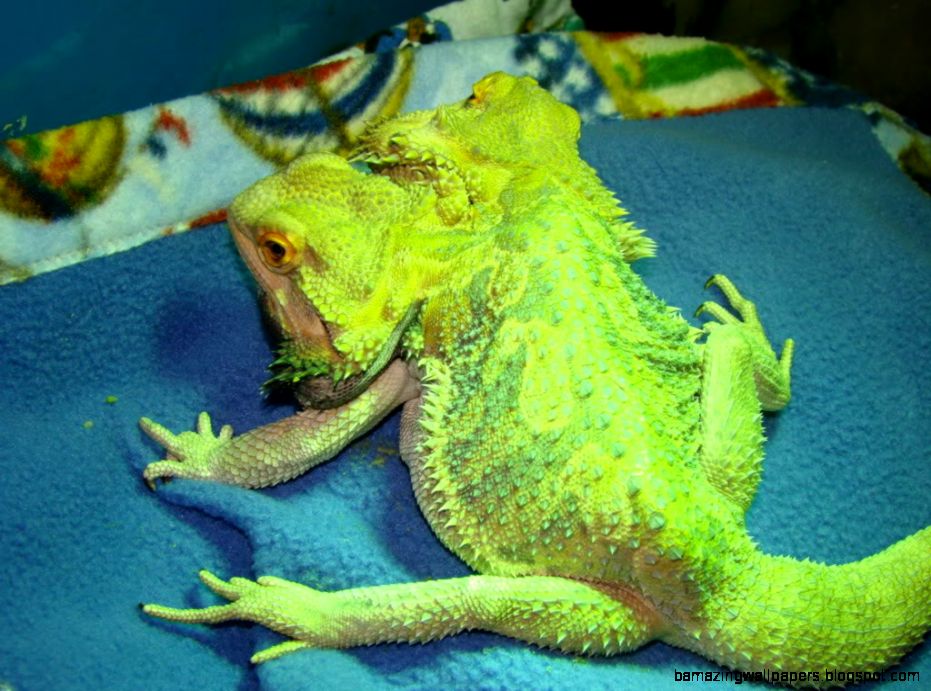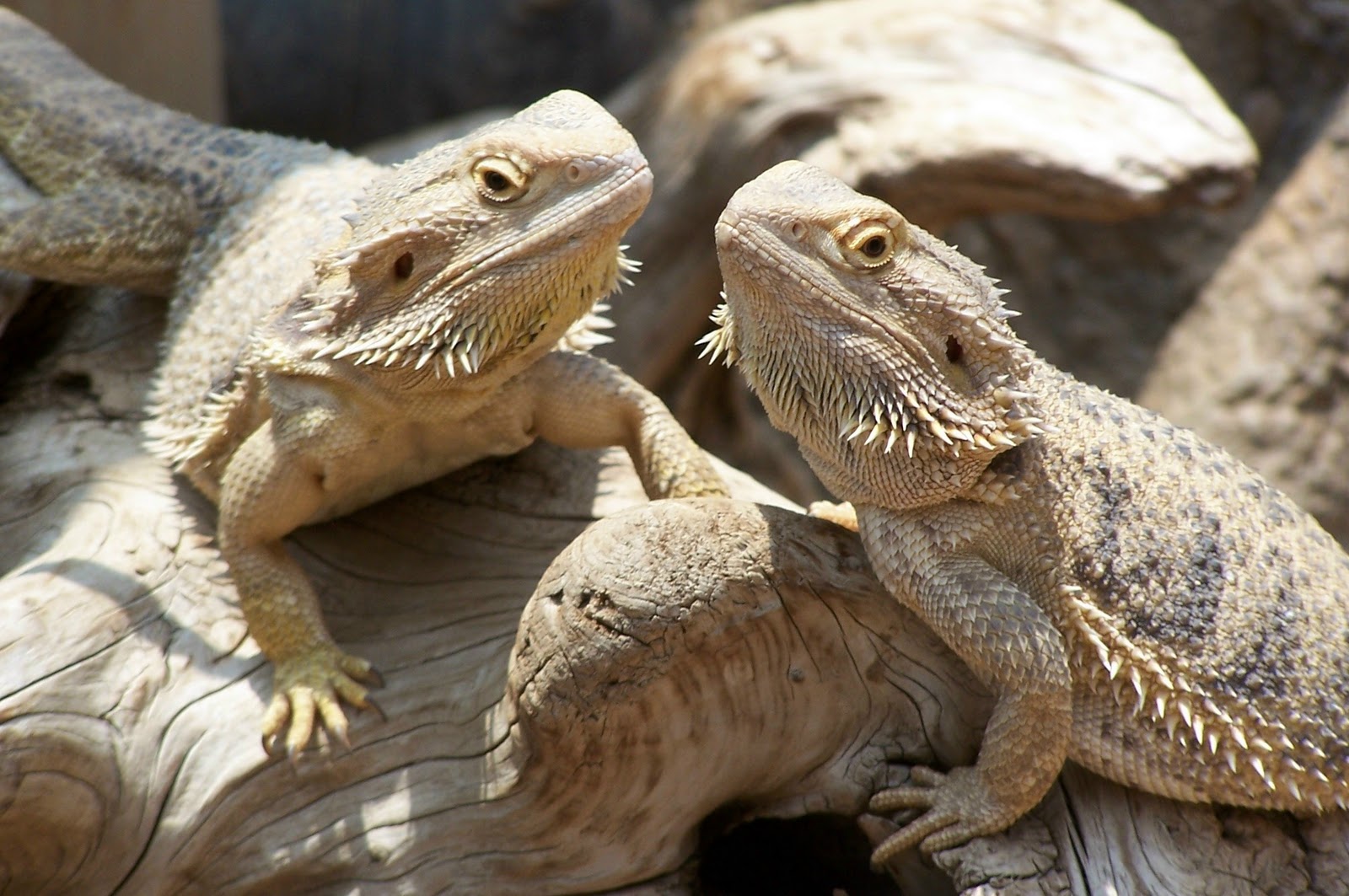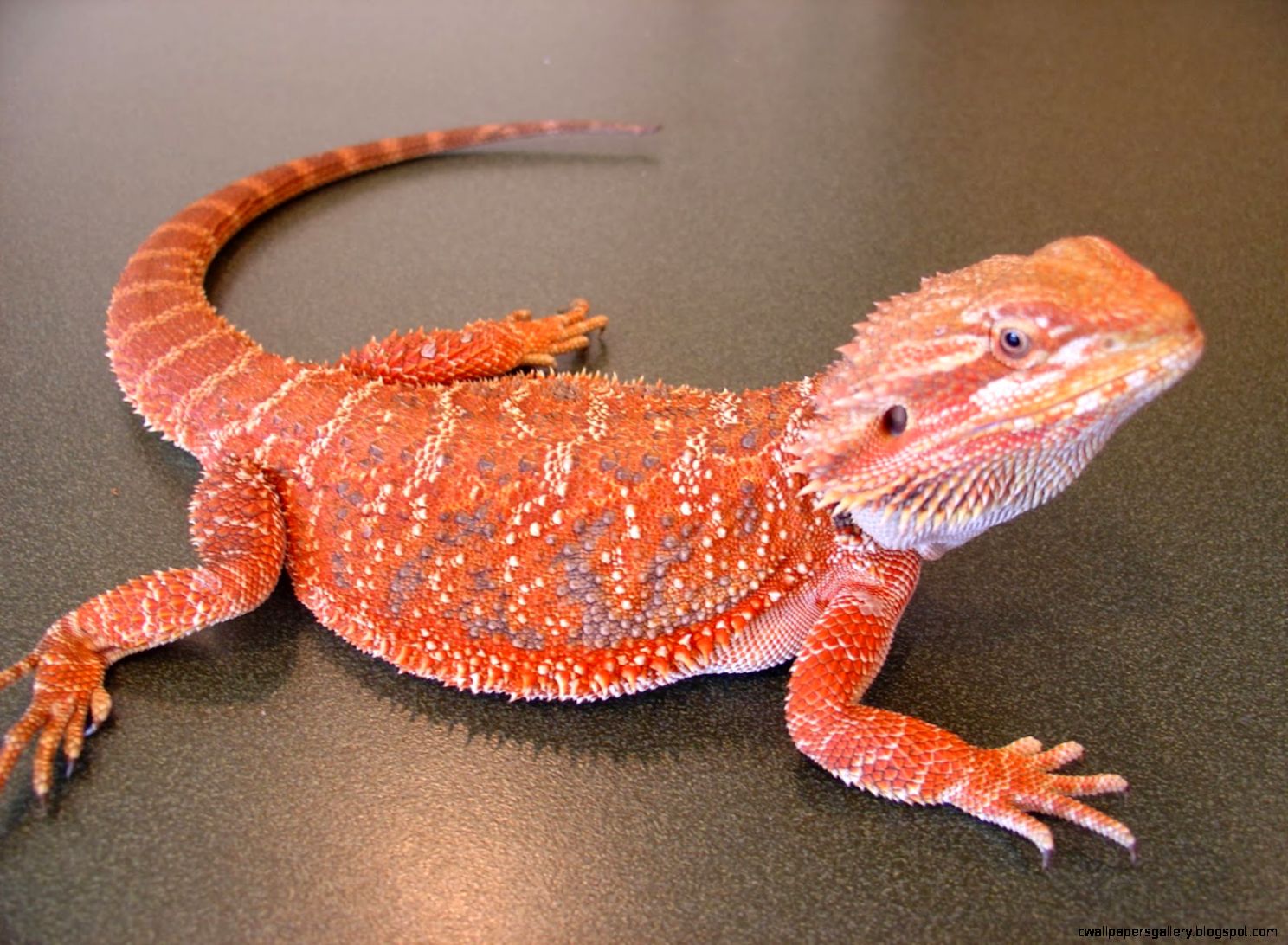Will a Bearded Dragon Bite You? Everything You Need to Know
Introduction
Adding a new pet to your home can be an exciting but nerve-wracking experience. Bearded dragons are becoming more and more popular as pets, but many people wonder if they are safe to have around. The truth is, bearded dragons generally have a very docile temperament and are unlikely to bite if you properly care for them. However, it’s still important to know the facts so you can avoid any accidents or unpleasant surprises. So, will a bearded dragon bite you? Let’s take a look.
Understanding Bearded Dragon Behavior
Before we dive into the topic of biting, it’s important to understand the behavior of bearded dragons. These creatures are known for their calm, friendly demeanor and are usually content to simply bask in the sun or relax in their enclosure. However, like any animal, they can be unpredictable and may exhibit certain behaviors that indicate they are feeling threatened or uncomfortable. These may include:
- Flattening their body and opening their jaws to appear larger and more intimidating
- Hissing or puffing up their beard to show aggression
- Scurrying or running away when they feel threatened
- Biting as a last resort when they feel cornered or attacked
It’s important to recognize these behaviors and take steps to ensure your bearded dragon feels comfortable and safe in its environment. This includes providing appropriate housing, food, and socialization.
Why Do Bearded Dragons Bite?
While bites from bearded dragons are relatively rare, they can happen. There are a few reasons why a bearded dragon may bite, including:
- Feeling threatened or scared
- Being provoked or handled too roughly
- Mistaking fingers for food
It’s important to understand that bearded dragons don’t typically bite out of aggression, but rather as a defense mechanism. In most cases, bites can be avoided by handling them gently and respectfully.
How to Prevent Bites
While bearded dragon bites are not common, there are things you can do to prevent them. First and foremost, it’s important to handle your bearded dragon gently and with care. This means avoiding sudden movements or loud noises that could startle them. Additionally, you should:
- Make sure your bearded dragon is properly socialized and accustomed to being handled
- Avoid approaching your bearded dragon directly from above, as this can be interpreted as a threat
- Avoid handling your bearded dragon when it is in its sleeping or hiding spot
Another important aspect of preventing bites is understanding your bearded dragon’s body language. If your bearded dragon appears agitated or stressed, it’s best to give it some space and allow it to calm down before attempting to handle it.
What to Do if You Get Bitten
In the event that you do get bitten by your bearded dragon, it’s important to stay calm and follow these steps:
- Try not to pull away forcefully, as this can cause the bearded dragon to bite harder
- Gently tap the bearded dragon on the nose or jaw to encourage it to release its grip
- Clean the wound with soap and water and apply an antiseptic
- Monitor the wound for any signs of infection
It’s important to note that bearded dragon bites are usually not serious and do not require medical attention. However, if the wound appears to be infected or if you experience any unusual symptoms, such as fever or swelling, seek medical attention immediately.
Conclusion
In summary, bearded dragons are generally very docile and friendly pets that are unlikely to bite if properly cared for. However, bites can happen if the bearded dragon feels threatened or uncomfortable. By understanding bearded dragon behavior, taking proper precautions, and knowing what to do in the event of a bite, you can safely and responsibly care for your new pet.
